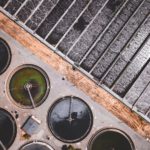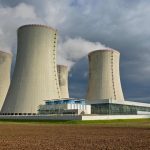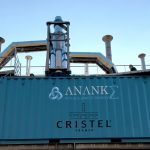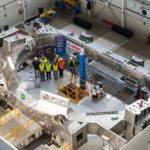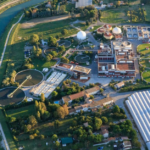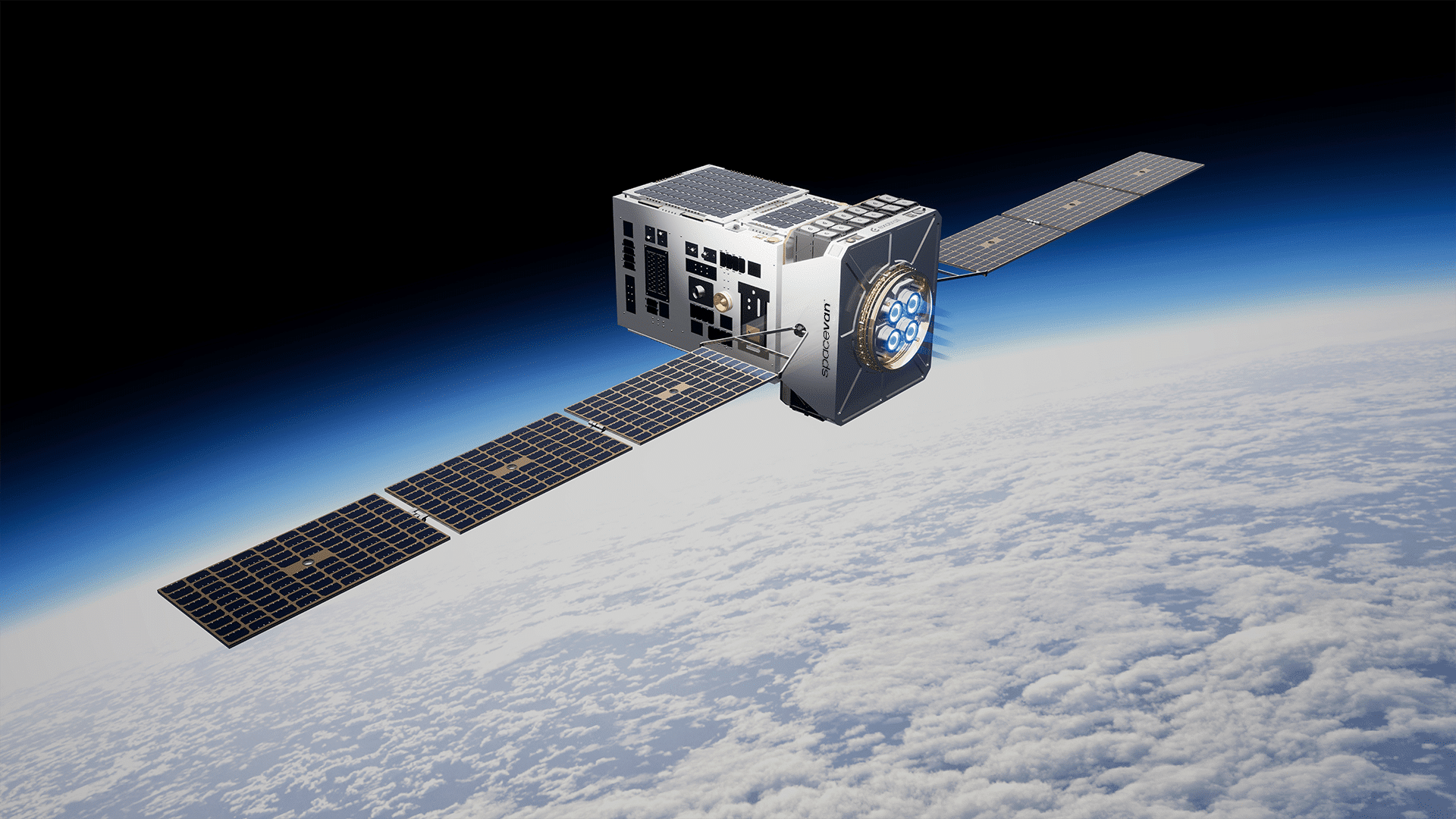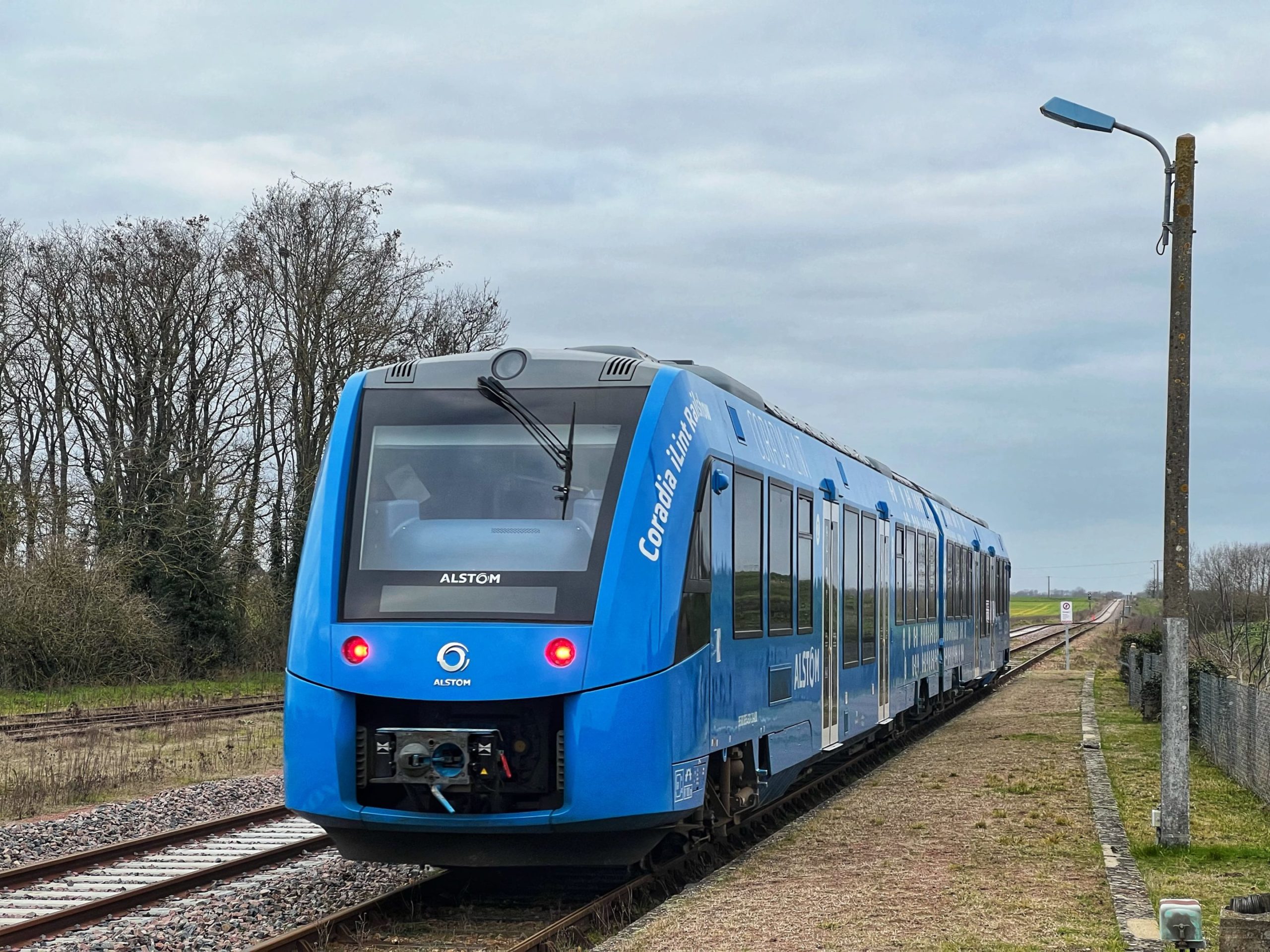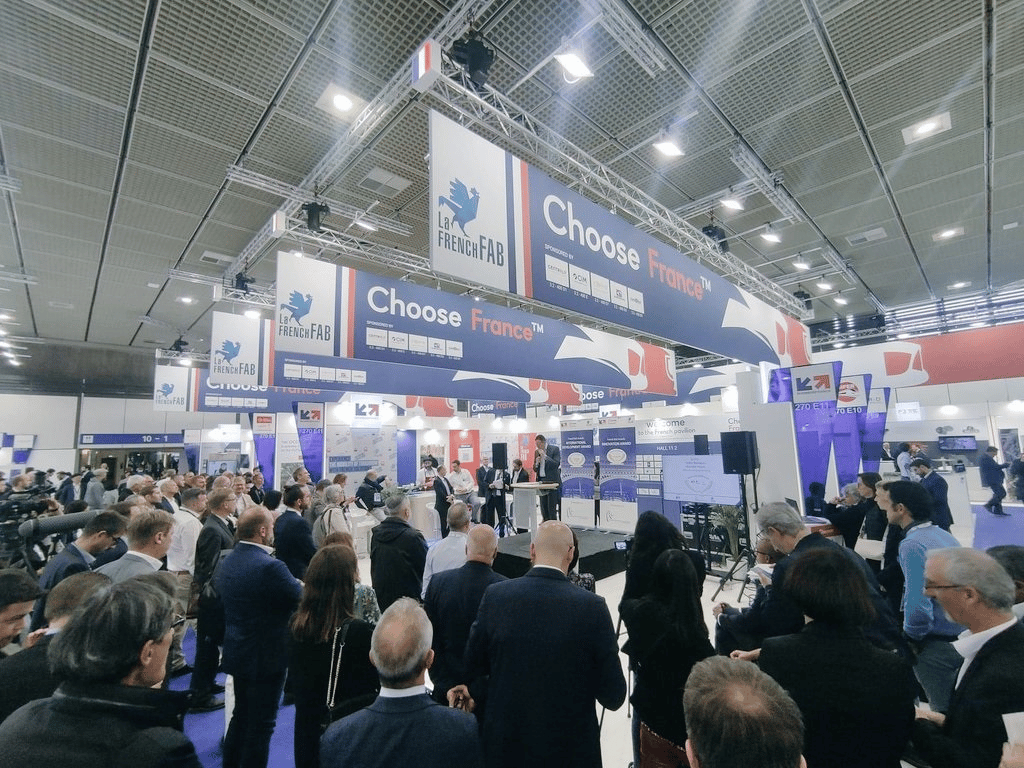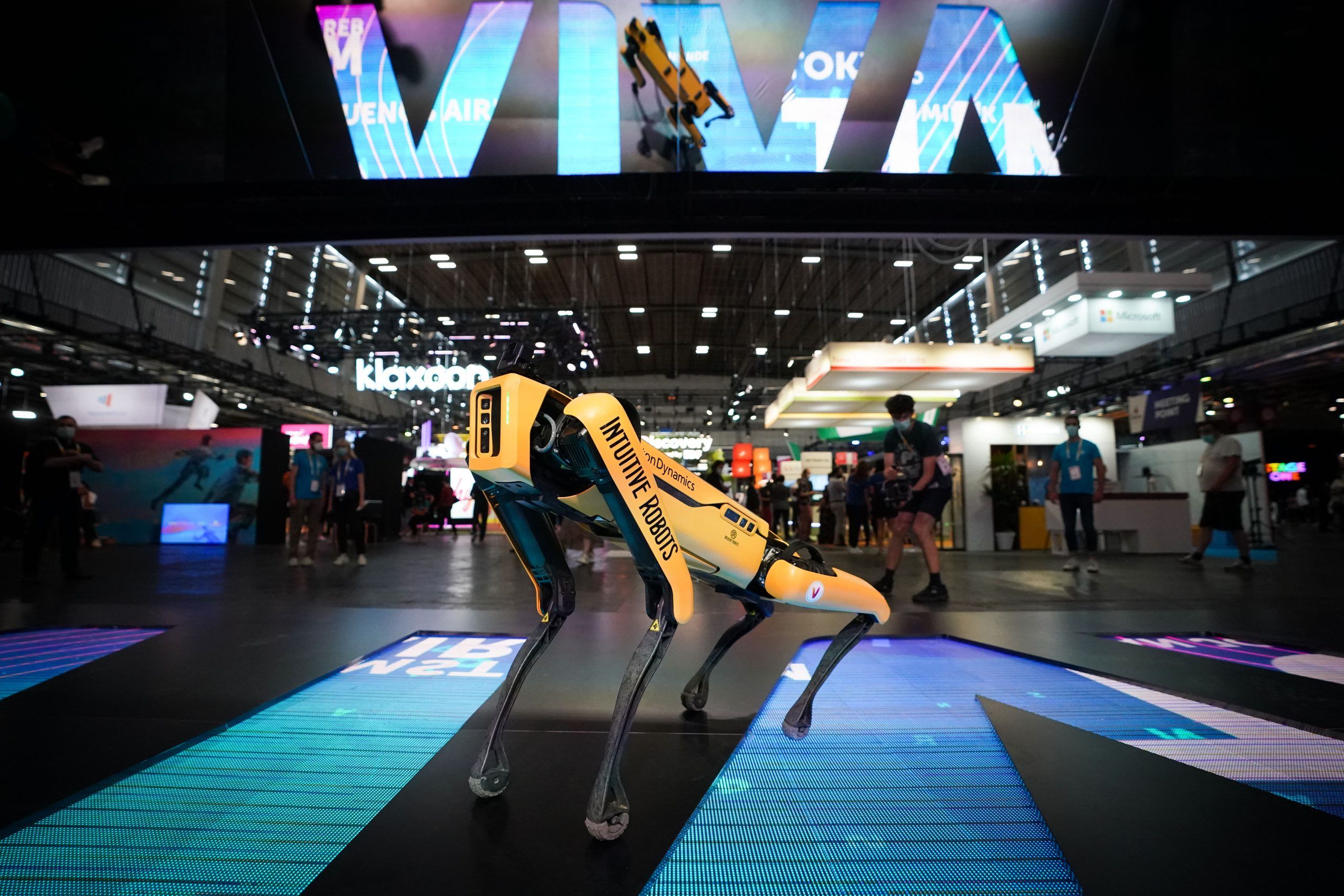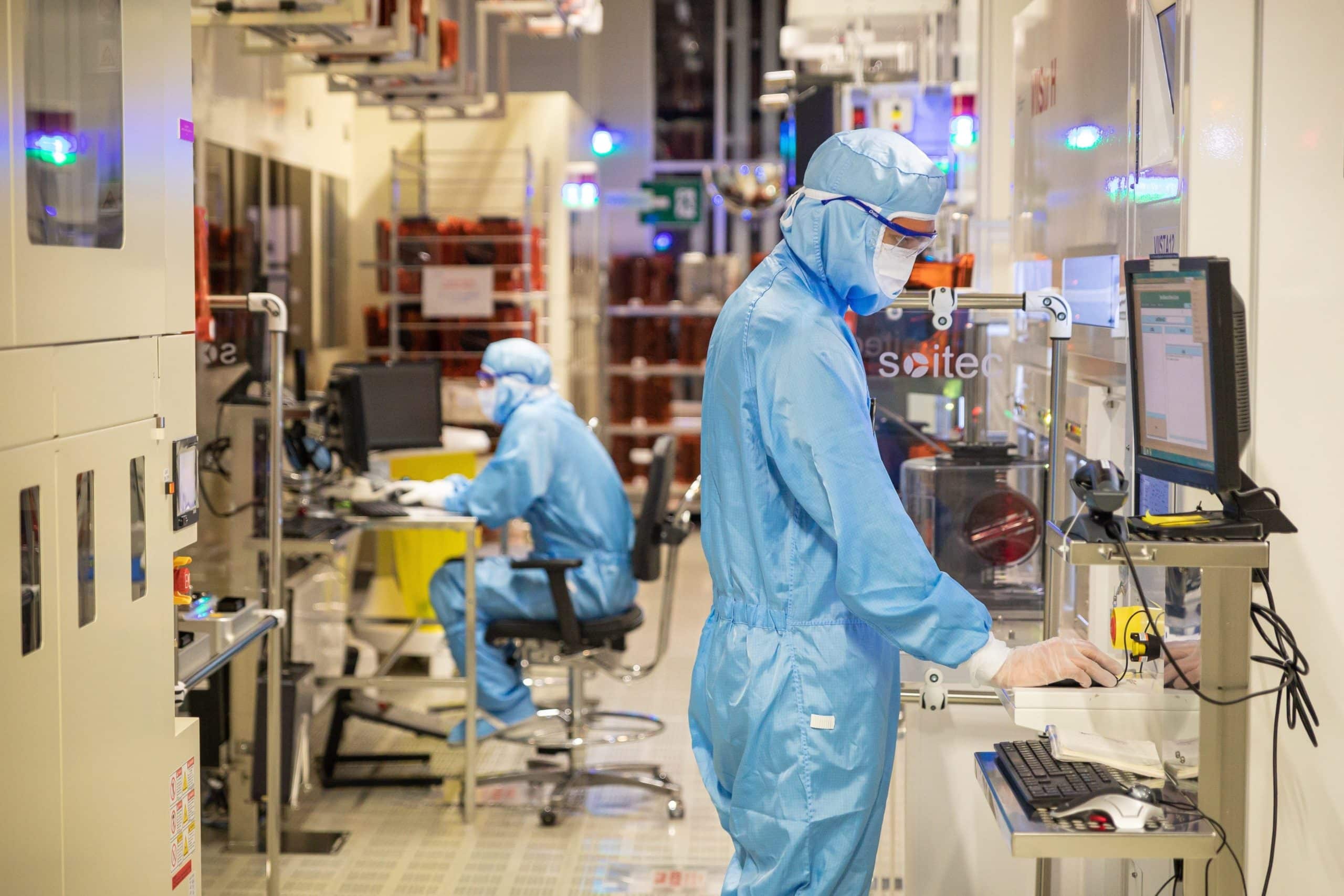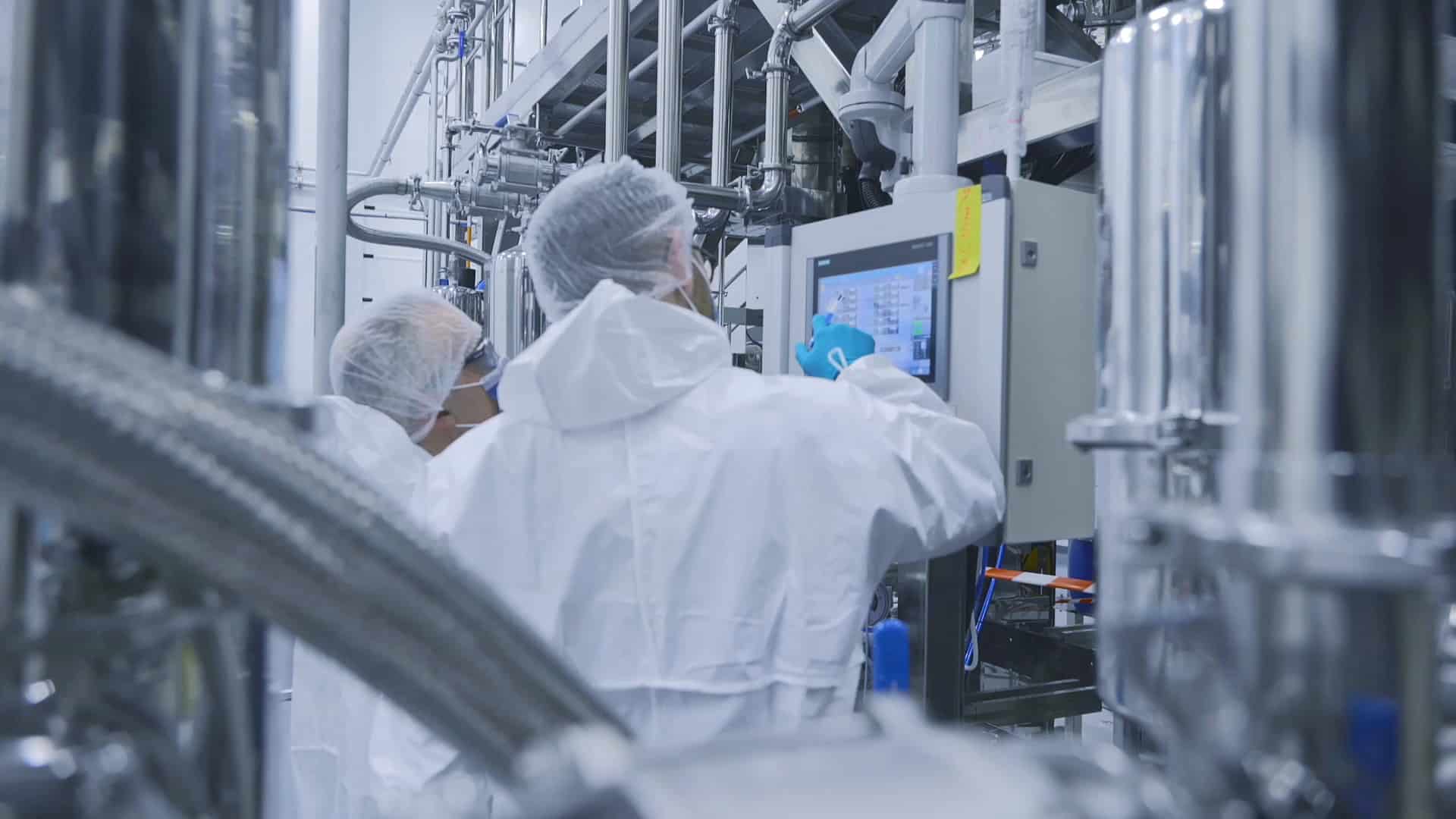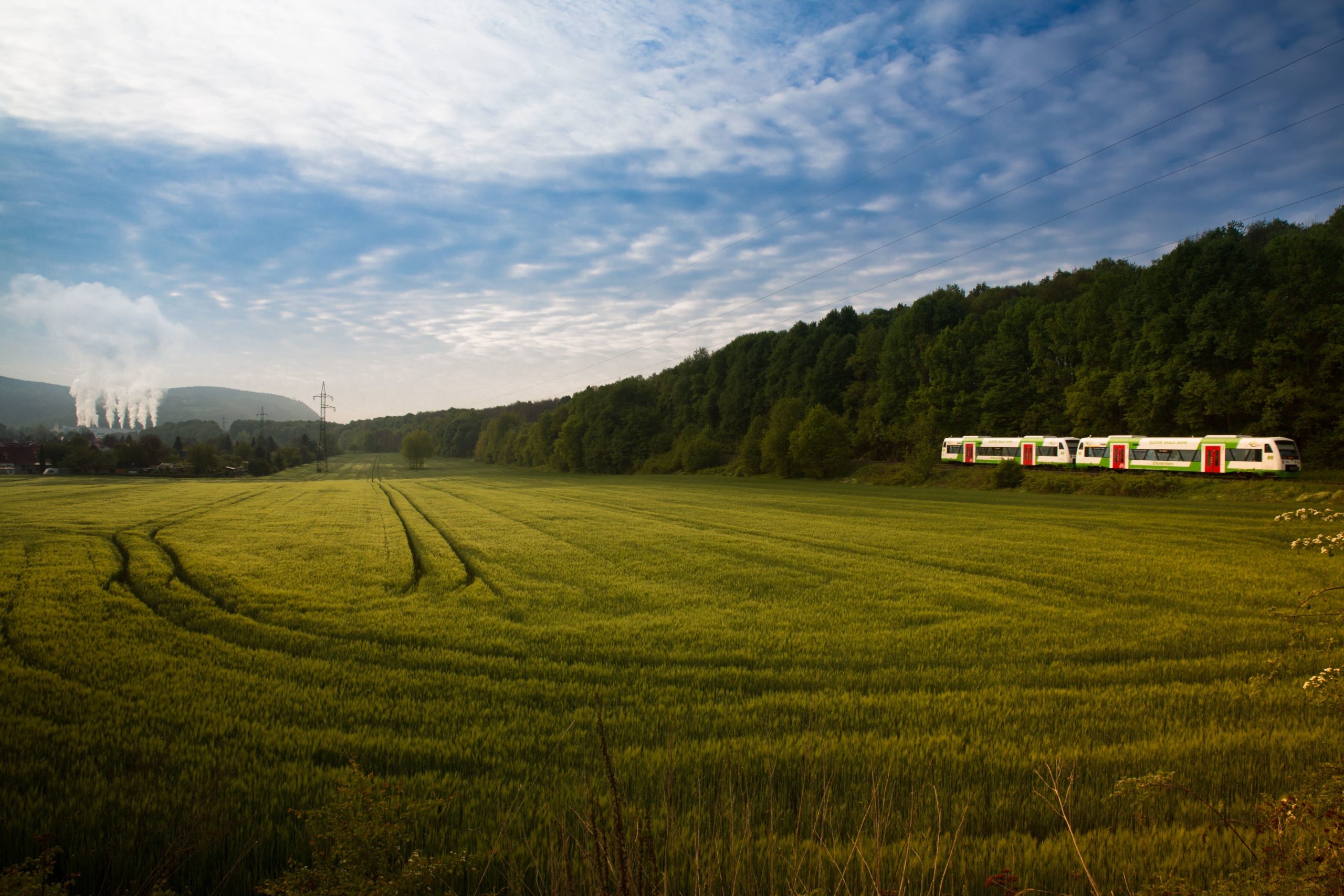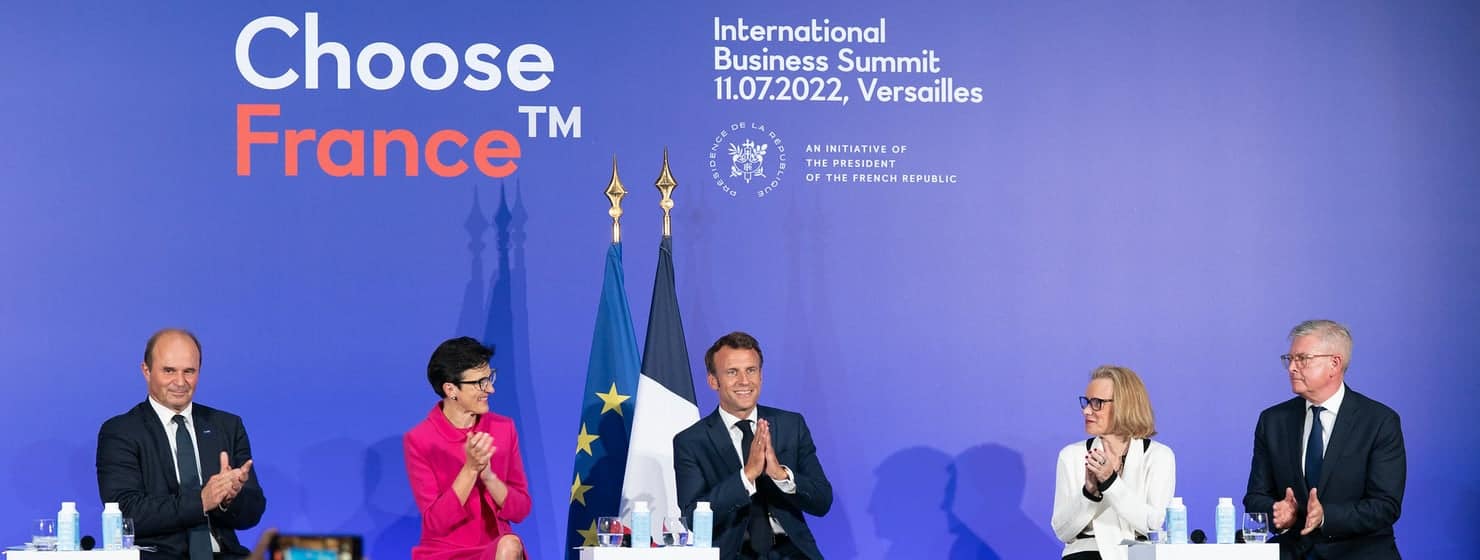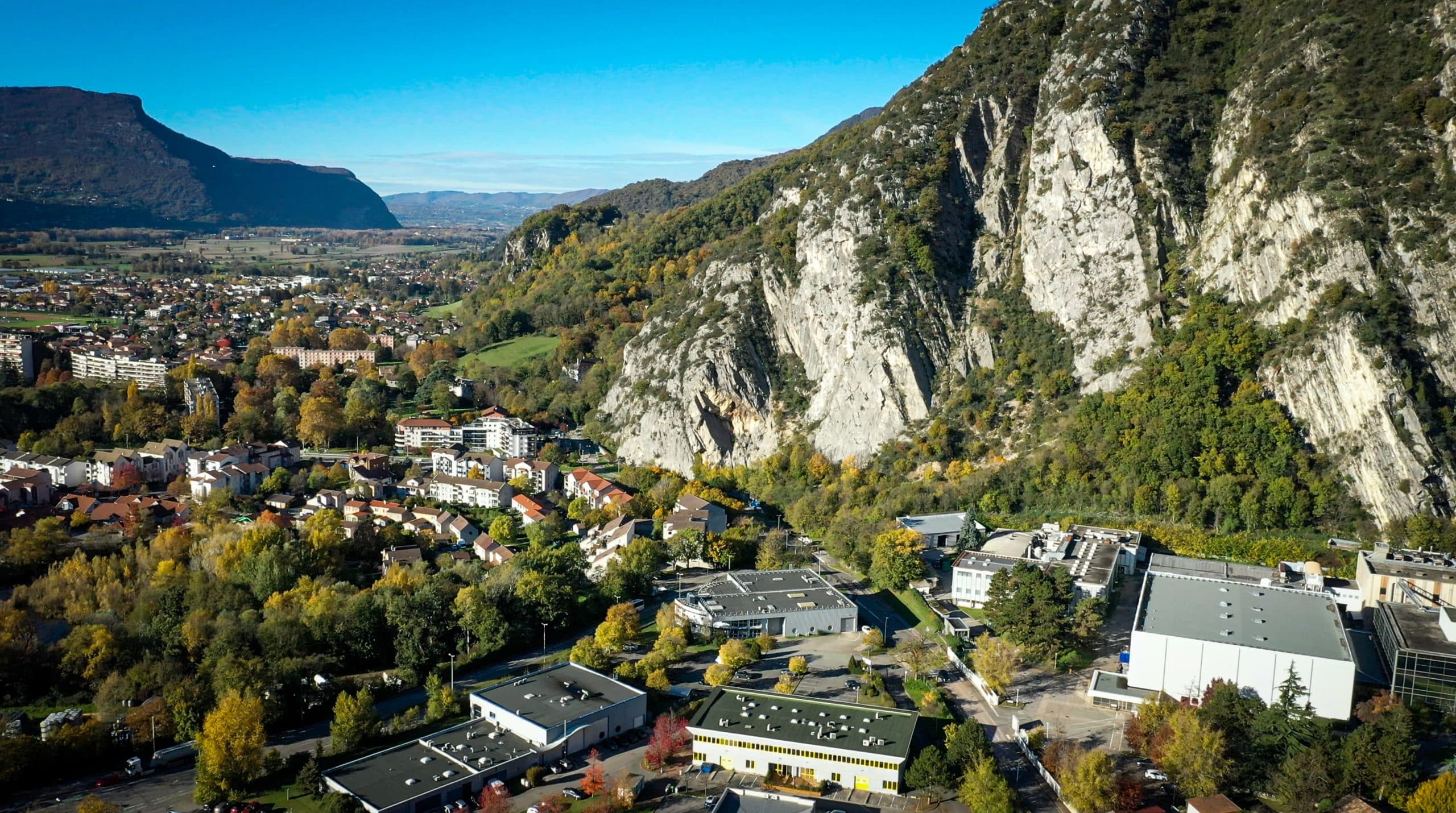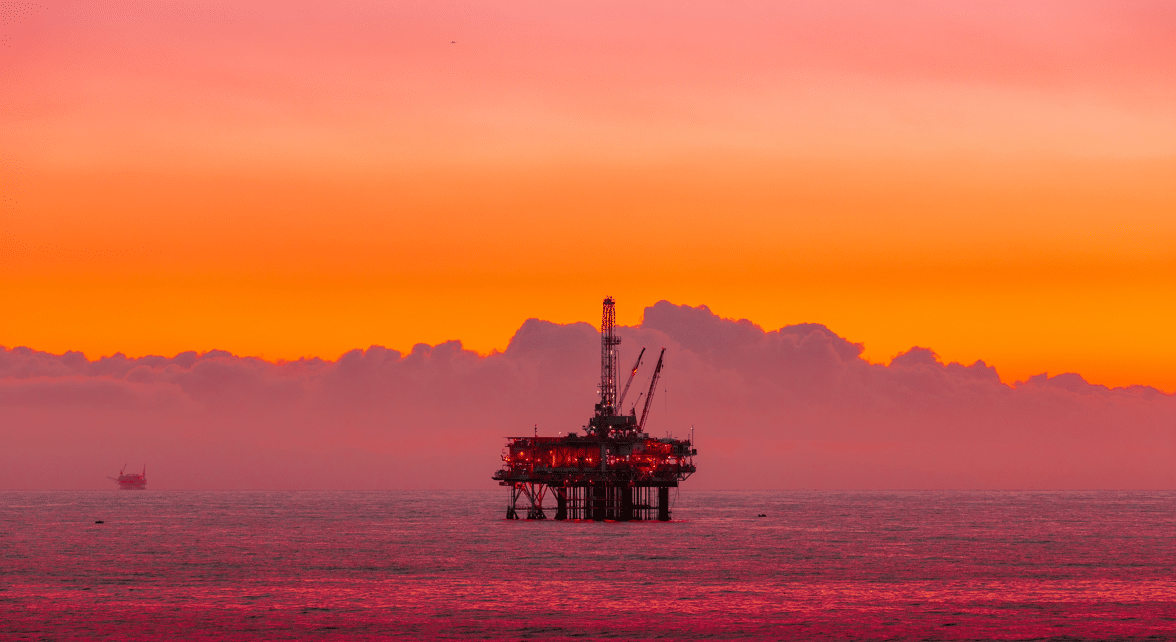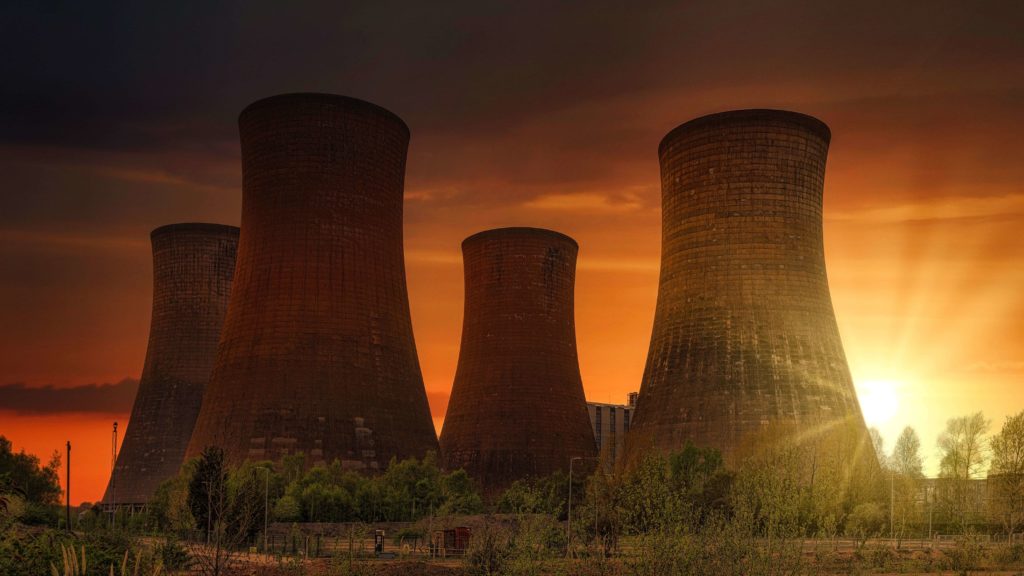
The French parliament definitively adopted the Nuclear Stimulus Bill on May 16. This bill simplifies construction procedures for new reactors, extends the operations of existing nuclear power plants and removes the ceiling regarding nuclear production in the French energy mix. Nuclear power plant operator EDF (Electricité de France) is relying on innovations to cope with droughts, for a cutting edge French nuclear sector that could gain access to international markets.
The French President had promised that the plan was for France to have six new reactors by 2035. However, there were too many obstacles for the deadlines to be met. The new law will facilitate the construction of new EPR2 reactors, SMRs and fuel storage projects – but only in the vicinity of existing nuclear power plants. It exempts new reactor installations from building permits, including by the sea, and reduces processing times for earthworks and the construction of non-nuclear buildings on power plant sites. There will be a simplified procedure for re-examining nuclear reactors aged over 35 years, which will extend their life.
France has thus broken with its program to close down fourteen of its EPRs and its objective of reducing nuclear power to less than 50% of its energy mix. The nuclear power element in the energy mix will thus increase, at a time when energy-intensive industrial investments are expanding in France, ensuring good times ahead for the French nuclear industry.
EDF is innovating to deal with climate change
While 12% of the fresh water consumed in France between 2010 and 2019 was used to cool nuclear power plants, increasingly frequent droughts are forcing EDF to reduce their water consumption.
In reactors located close to a waterway that use air-cooled cooling towers, EDF is carrying out experiments to capture water vapor from the plume (accounting for 30% of the water used) and recover it after re-condensation. It is also testing a range of models for cold sources in air-cooled cooling towers and is considering implementing a larger waste storage capacity. New EPR2s (which will also use air-cooled cooling towers) will consume ten times less water than closed-circuit reactors by the sea.
EDF could deploy its Nuward SMR in Sweden, affirming its position at the cutting edge of technology in Europe.
While there are some who are against nuclear power as a form of decarbonized energy, France is keen to make its voice heard at a European level. The French Minister for Energy Transition, Agnès Pannier-Runacher, has launched the European Nuclear Alliance “club”, which now has 16 members.
